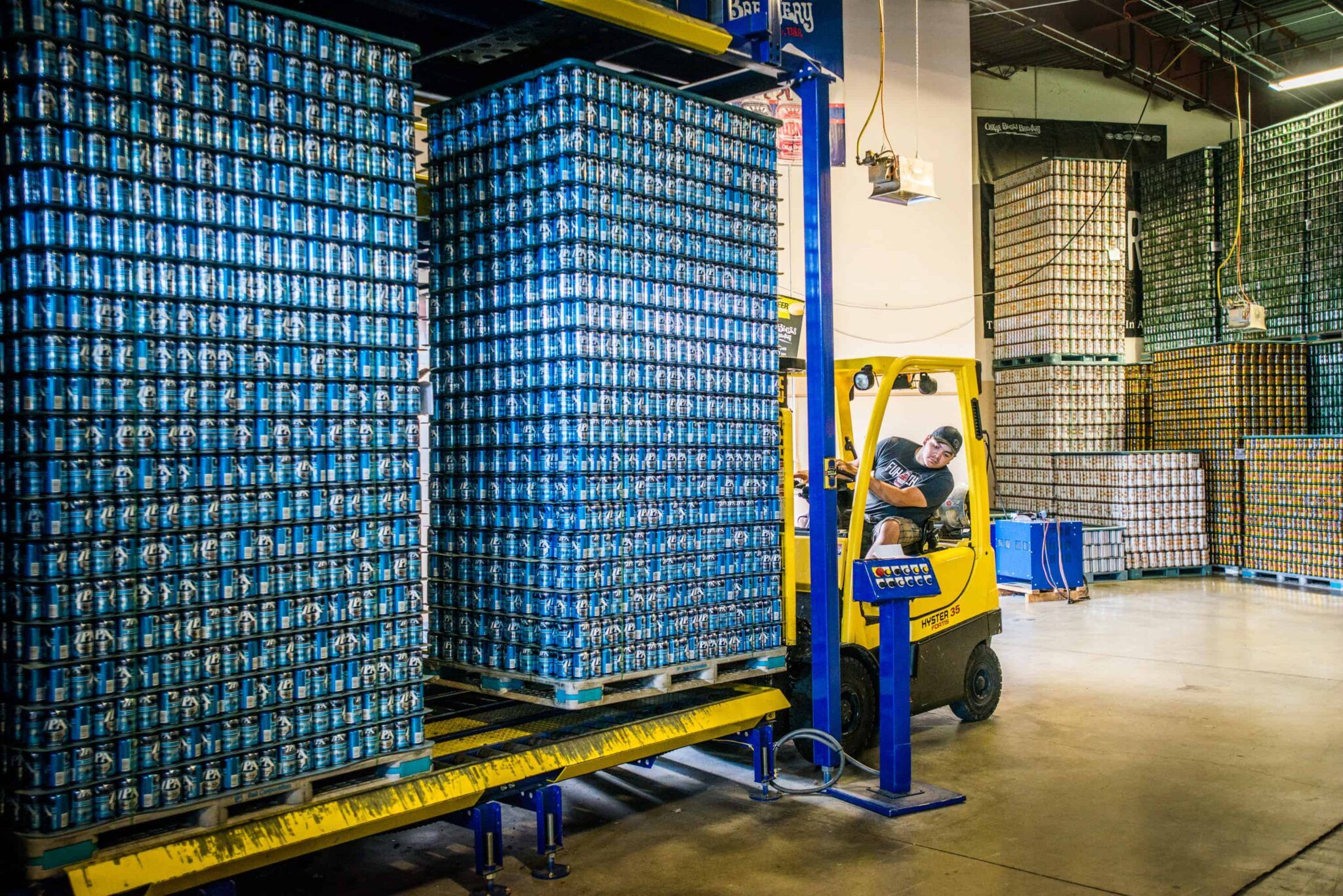Craft brewers expect impacts from metal tariffs

President Donald Trump has signed an order requiring tariffs on imported steel and aluminum, leaving a Colorado industry, craft beer, unsure what it will do next.
The order, made official Thursday afternoon, puts a 25 percent tariff on imported steel and 10 percent tariff on imported aluminum.
The aluminum tax is a blow to craft breweries, with cans making up 20 percent of craft volume nationally, said Bob Pease, president and chief executive of the Brewers Association, a national trade group for craft beer based in Boulder. Aluminum is so significant that craft brewers and major distributors like Anheuser-Busch and Molson Coors partnered to lobby against the tariffs, as about 115 billion beer cans are produced each year.
SPONSORED CONTENT
“The administration is saying that this will be pennies per can,” Pease said. “That may be true but with a cost increase for 115 billion beer cans produced, it’s not insignificant. And packaging in the can for breweries has been growing in popularity.”
Despite the unwanted news of adding tariffs, Pease said the news was not as bad as it could have been: The exemption of Mexico and Canada from tariffs eases the pain, as about two-thirds of aluminum imports come from Canada.
“The exemption is welcome news in our world,” Pease said. “The aluminum tariff will be impactful, with the exemption announced today of Canada taking some sting out of the blow.”
With the quick turnaround between the announcement of the tariff to its signing, many are unsure how breweries will handle the increase in aluminum prices. But many of Colorado’s 320 craft breweries are still small businesses.
“Brewers are very concerned,” said Laura Long, a lobbyist with Weist Capitol, whose client is the Colorado Brewers Guild. “A 10 percent tariff is a meaningful addition to the cost of doing business to brewers. Individual brewers and how they react to it will vary, whether they’re able to absorb that cost in their own margin or pass it on to customers. It’s not trivial.”
The issue for independent brewers, Pease said, is that they have a narrow margin for profit loss. Even if the tariff came out to just a 1 cent increase per can, producing 1 million cans could mean an unbudgeted $10,000 price increase in aluminum. Ultimately, Pease expects that price to get passed down to the consumer and for beer drinkers to have to pay more.
Pease added the tariff could ultimately hurt the small brewery businesses the most: They’re the ones most likely to can their product instead of bottling it.
There are several large businesses that will also be hard-hit by the tariff. Oskar Blues, a major brewery in Longmont that only uses cans, is as-yet unsure about how it will handle the increased aluminum price, but knows there will be impacts.
“For us, the tariff comes at the expense of continuing to grow jobs and investing in our community. And it might make it to the beer drinker as a price increase,” said Chad Melis, a spokesperson for the company.
Oskar Blues, like many other craft beer companies, gets its cans from Broomfield-based Ball Corp.
“We are disappointed by the decision because we believe that it will increase the cost to consumers of many items manufactured in the United States including food and beverage cans,” Renee Robinson, director of corporate communications for Ball, said in an emailed statement to BizWest. “Since the beginning of the Commerce Department’s investigation into steel and aluminum imports, we have advocated for the exemption of tinplate steel and aluminum can sheet from any recommended trade remedy. We are evaluating our options to apply for exemptions and will continue to work collaboratively with our customers and suppliers.”
Looking ahead, Pease said the Brewers Association plans to coordinate with large brewers, can manufacturers and non-alcoholic beverage makers like Coca-Cola to learn what the impact will be on their products and on independent brewers.
President Donald Trump has signed an order requiring tariffs on imported steel and aluminum, leaving a Colorado industry, craft beer, unsure what it will do next.
The order, made official Thursday afternoon, puts a 25 percent tariff on imported steel and 10 percent tariff on imported aluminum.
The aluminum tax is a blow to craft breweries, with cans making up 20 percent of craft volume nationally, said Bob Pease, president and chief executive of the Brewers Association, a national trade group for craft beer based in Boulder. Aluminum is so significant that craft brewers…
THIS ARTICLE IS FOR SUBSCRIBERS ONLY
Continue reading for less than $3 per week!
Get a month of award-winning local business news, trends and insights
Access award-winning content today!
